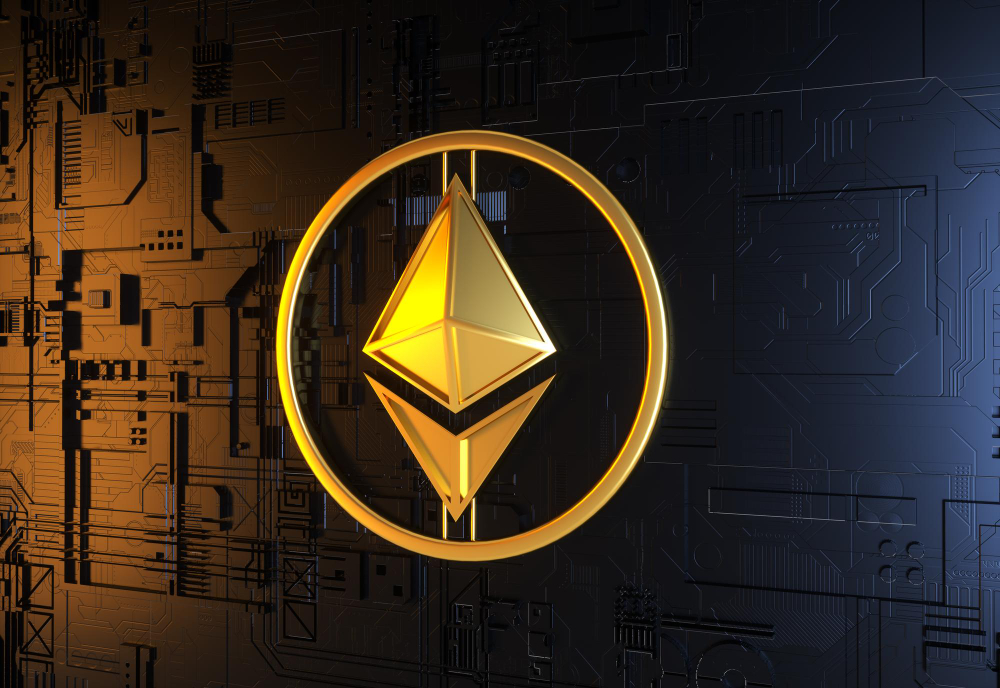A Second Look at Third-Party Token Allegations in the SEC’s Case Against Binance

In the ongoing regulatory battle between the U.S. Securities and Exchange Commission (SEC) and Binance, the allegations involving third-party tokens have come under significant scrutiny. The SEC case against Binance is complex, involving numerous charges, but one key aspect that merits further examination is the role of third-party tokens in this legal saga.
Background on the SEC Case Against Binance
The SEC’s case against Binance (NASDAQ:BNB) revolves around accusations of unregistered securities offerings and misrepresentation of operational practices. These allegations have sent shockwaves through the cryptocurrency community, raising questions about the future regulatory landscape for digital assets. The SEC claims that Binance, along with its CEO Changpeng Zhao, failed to register the sale of certain digital assets as securities, thus violating U.S. securities laws.
The Third-Party Token Allegations
A critical part of the SEC case against Binance involves third-party tokens. These are digital assets issued by entities other than Binance but traded on its platform. The SEC alleges that some of these tokens qualify as securities and should have been registered with the commission. This claim has significant implications not only for Binance but also for the broader crypto market.
The SEC’s scrutiny of third-party tokens is rooted in the Howey Test, a legal standard used to determine whether a transaction qualifies as an investment contract (and thus a security). According to the Howey Test, an investment contract exists if there is an investment of money in a common enterprise with an expectation of profits derived primarily from the efforts of others. The SEC argues that many third-party tokens listed on Binance meet these criteria, making them subject to federal securities laws.
Binance’s Defense
Binance has vigorously defended itself against these allegations. The company argues that it operates a global platform with robust compliance measures tailored to the regulatory frameworks of each jurisdiction it operates in. Binance asserts that it has implemented stringent Know Your Customer (KYC) and Anti-Money Laundering (AML) protocols to ensure regulatory compliance.
Moreover, Binance contends that the SEC’s classification of third-party tokens as securities is overly broad and inconsistent with the global regulatory environment. The exchange emphasizes that it has delisted several tokens following internal reviews to mitigate regulatory risks and protect investors.
The Implications for the Crypto Industry
The outcome of the SEC case against Binance could set a precedent for the treatment of third-party tokens across the cryptocurrency industry. If the SEC’s interpretation prevails, many digital asset exchanges might be required to reassess their listings and potentially delist tokens that could be classified as securities. This could lead to a significant reshaping of the crypto market landscape, affecting liquidity, investor access, and the overall growth trajectory of the sector.
Additionally, the case highlights the need for clearer regulatory guidelines for digital assets. The current regulatory ambiguity creates challenges for exchanges, token issuers, and investors, underscoring the necessity for a unified regulatory approach that balances innovation with investor protection.
The Road Ahead
As the SEC case against Binance unfolds, the focus on third-party tokens will remain a pivotal aspect of the proceedings. The legal battle is likely to be protracted, with both sides presenting extensive arguments and evidence to support their positions. The crypto community and regulators worldwide will be watching closely, as the case’s outcome could have far-reaching consequences for the regulation of digital assets.
Conclusion
The SEC case against Binance is a landmark legal battle that underscores the evolving regulatory landscape for cryptocurrencies. The allegations involving third-party tokens are particularly significant, as they could reshape the regulatory approach to digital assets. Binance’s defense highlights the complexities and challenges of navigating global regulatory frameworks, while the SEC’s stance emphasizes the importance of compliance with securities laws. As this case progresses, it will serve as a critical reference point for the future of crypto regulation.
Featured Image: Freepik © freepik

